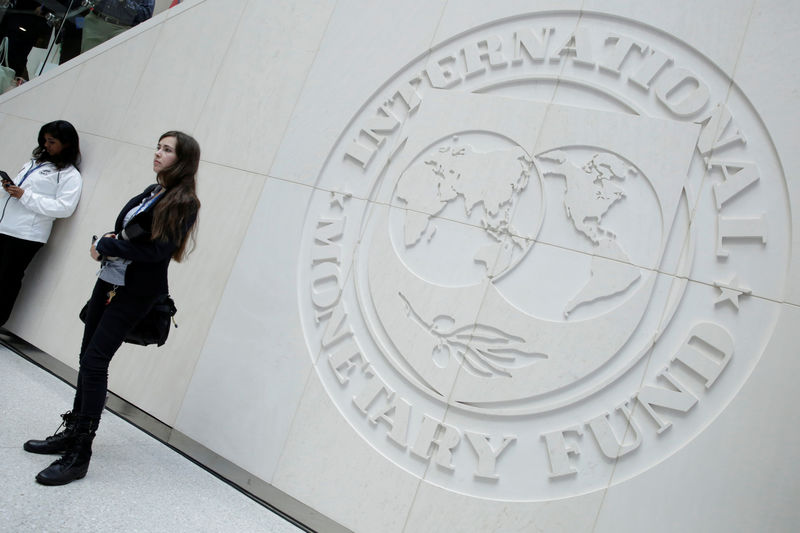(Bloomberg) -- China’s sprawling local government financing system needs “crucial” reforms to increase consumption, build prosperity and encourage economic rebalancing, the International Monetary Fund said.
Among the IMF’s recommendations is to fund local governments by imposing recurring property taxes and adding local surcharges to national individual income taxes.
China’s fiscal system is the world’s most decentralized, with local bodies responsible for 85 percent of government spending, the fund said in a report, citing the breadth across 31 provincial level governments, 334 prefectures, 2,850 counties, 40,000 townships and 900,000 informal village jurisdictions. Including off-budget spending by local government financing vehicles brings the ratio up to 89 percent of all public expenditures.
Such a complex network must be overhauled to better deliver services, increase social spending and reduce regional disparities, Philippe Wingender, an economist in the tax policy division of the fiscal affairs department, said in a paper released on Saturday. Revenue changes are needed to reduce risk from “excessive sub-national borrowing” and increase efficiency.
“These reforms will allow China’s government to improve social safety nets and better protect citizens from adverse economic and health shocks,” Wingender wrote. “In turn, this would improve welfare and promote consumption and economic rebalancing.”
A 2014 budget law aimed to improve budgeting and increase transparency and accountability in local government finances by requiring multi-year spending plans and setting conditions for managing annual deficits and surpluses. But it doesn’t address the misalignment of spending and taxing powers and the large imbalance across levels of government that’s prevailed since the last major fiscal reform in 1994, Wingender said.
“Efforts to improve government borrowing and contain fiscal risks will only succeed if supported by reforms to reduce unfunded mandates for sub-national governments,” he said. Counties have the largest fiscal mandate among all levels of government, with spending equal to 9 percent of gross domestic product, according to the report.
Almost 50 percent of total tax revenues come from the value-added tax and corporate income tax, a high level compared with advanced economies. Meanwhile, personal income taxes contribute around 5 percent of total revenue, significantly less than the 25 percent average for Organisation for Economic Cooperation and Development nations. The drawback of that structure is “very limited progressivity of the tax system,” the report said.
The IMF also recommended:
- Centralizing pensions and unemployment insurance, with some local autonomy to ensure equal benefits across regions
- Enhancing fiscal resources for urban areas, notably through increased general transfers, to help pay for services for migrants
- Increasing borrowing quotas for local governments while ensuring that “all off-budget fiscal spending is brought onto the budget”
- Recurring market value-based property taxes would be “ideal” for local governments, and provinces could impose surcharges in addition to the national personal income tax
To contact Bloomberg News staff for this story: Jeff Kearns in Beijing at jkearns3@bloomberg.net.
To contact the editors responsible for this story: Jeffrey Black at jblack25@bloomberg.net, Ken Wills, James Mayger
©2018 Bloomberg L.P.
